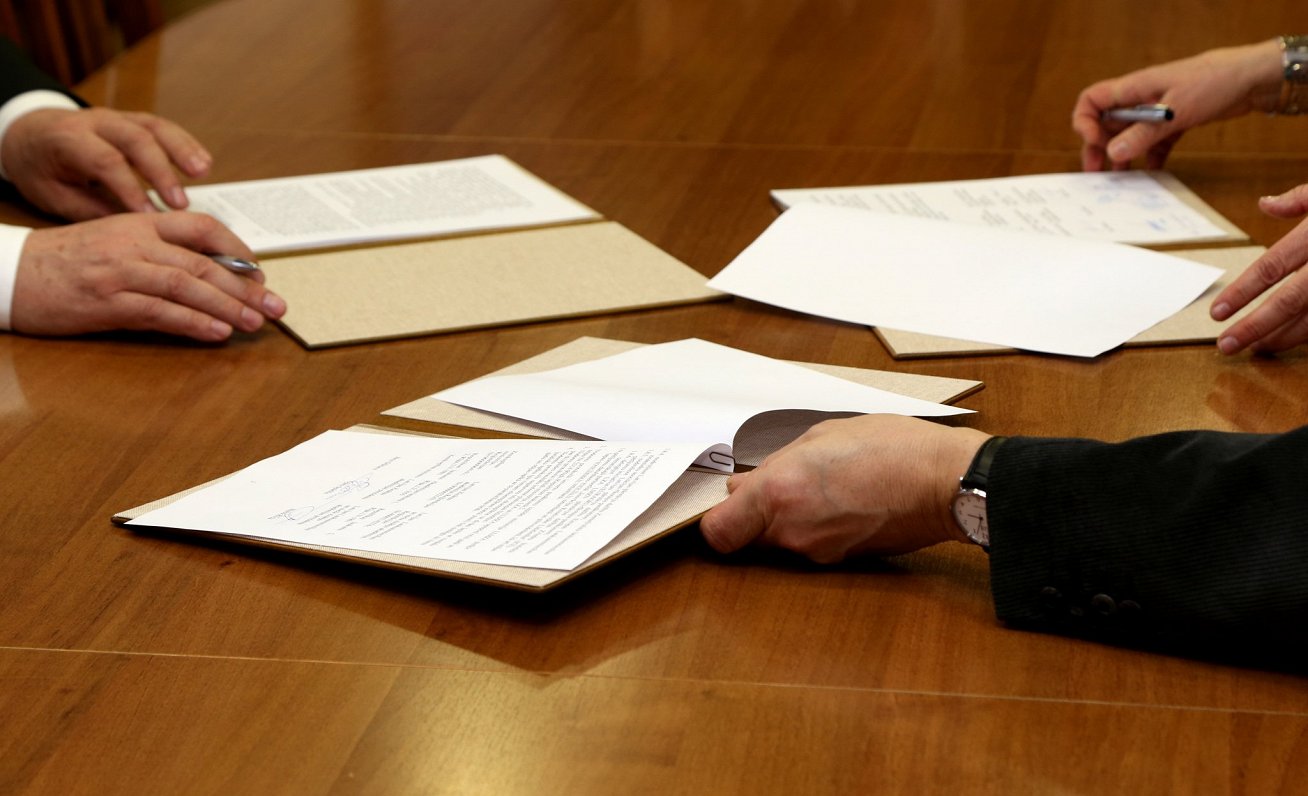The first task of the new ministry was to review the principles for setting tariffs in order to avoid a significant increase in electricity distribution and reallocation rates. The tariff increase is expected to be half smaller than initially planned, as promised by the Minister for Climate and Energy Raimonds Čudars (New Unity).
The review of these tariffs shows that the new ministry should already offer a balanced model for reallocating the costs of using network infrastructure in favor of electricity generators, including households using solar panels. This was supported by Gunārs Valdmanis, executive director of the Board of the Latvian Association of Electric Engineers and Energy Builders.
“In the existing cost structure, these users have a certain impact on the total costs of using the network for all other users, as a significant part of the revenue is related to the energy actually listed on the grid. Accordingly, the operating costs of connection points do not change significantly, so the network operator has lower revenues. Therefore, the total costs fall more heavily on other energy users," Valdmanis said.
According to Valdmanis, the next task of the Ministry of Climate and Energy is to improve the regulatory framework in order to avoid legal uncertainty for investors, particularly in the development of electricity plants. This is in line with the minister's strategic objectives of significantly expanding renewable energy production in Latvia.
Minister Čudars said: “The potential for Latvia is great in terms of our wind situation, both in setting up land wind parks or offshore wind parks. The essential task, by which we can assess the efficiency of our work, is the increase in this part, which would allow electricity to be produced more on-site in Latvia than it has been before. Actually becoming an electricity exporting country. The potential of our Baltic Sea is very great."
Setting up a ministry signals that Latvia will not hesitate with achieving climate neutrality objectives. However, the performance is a concern to nature organizations due to the fact that environmental functions remain in another – the Environment Ministry.
This year, the National Energy and Climate Plan for 2021–2030 will need to be completed. It should also contribute to the carbon reduction targets for the coming years, said Jānis Brizga, head of the association "Green Freedom" (Zaļā brīvība). This will not happen without the ability to negotiate with representatives of many other sectors, which will be one of the Minister's tasks.
Brizga noted: “Political integration has always been a challenge in Latvia, because ministries are under the auspices of different parties and have always had an approach – don't mess with our field, do your own. But on many environmental issues, climate, you can't just work in that department of climate. It concerns industry, energy, agriculture, transport and other areas."





























